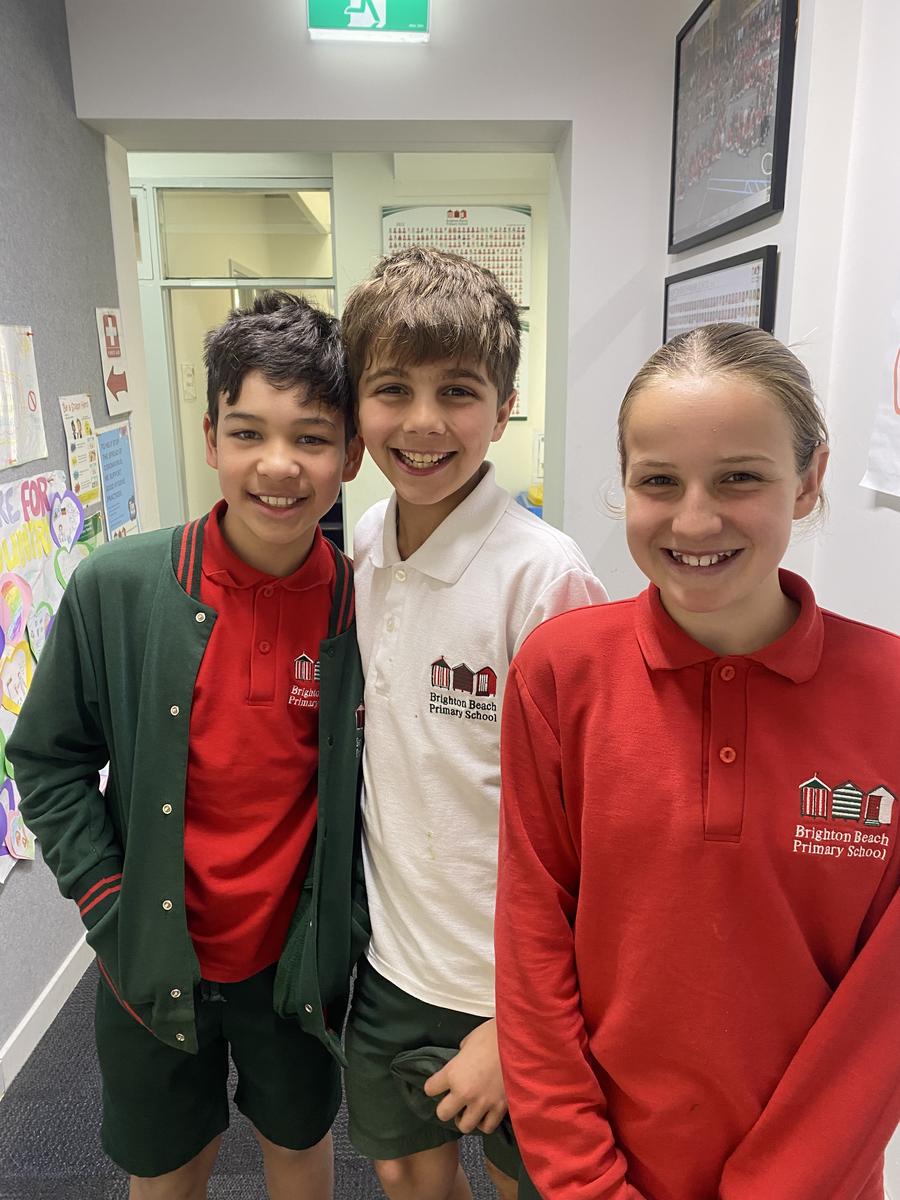Wellbeing
Max and Noah

Wellbeing
Max and Noah
This is our fourth newsletter entry in our term series on Preventing and Responding to Racism in Schools. Thank you to those who have shared their own personal experiences and connections to the resources featured – it is a team approach at BBPS, and an ongoing journey to support our little people in building their own understanding of these concepts. We each play a crucial role in creating a community of tolerance, understanding and inclusion.
Empowering upstanders
(Information informed by DE document, Student Leaders for Multicultural Inclusion 2023)
What is an ally? An ally is someone who stands with or advocates for individuals and groups other than their own. This is sometimes called ‘being an upstander’. Allies help to create a safe and inclusive environment for the whole school community by being upstanders.
At BBPS, racism is not tolerated. All members of our community are encouraged to be an upstander if they see or hear something that’s not right. Both adults and students.
We can’t talk about multicultural inclusion and cultural diversity without the concept of allyship and what it means to be a cultural ally, or as we say at BBPS, an upstander. Being an ally means you listen, learn, speak up, and show up. Its much harder to be brave and do this than it seems.
This year our Grade 5 upstanders are unpacking the theme – how to be a good friend online – and will be creating an interactive art installation within the Bayside Community to communicate their key messages. Much of what they do is informed by resources available through the Department Bully Stoppers.
The concept of an upstander, however, is universal beyond online friendships and as important when being an ally against racism. Our Upstanders team recently engaged in a network forum at Brighton Town Hall with our partner schools, and students participated in workshops that explored the upstander concept.
Reflections from our Upstanders
Myles – “I’m excited about our project and how we are going to make art on the street, to make other people happy and in doing so, ourselves happy while sending an important message”
Everleigh - “We had to choose what you might say in certain scenarios to be an upstander. If someone was mean to me or a friend I could say ‘Stop it, that’s not a nice thing to say and you shouldn’t say it to someone”
Rose - “We played a card game that had us role play different characters. It helped us understand what it felt like to be excluded – and our job as an upstander is to make everyone feel like kings and queens by being kind and treating everyone equally”
Tess - “I learnt how to stand up for myself and let others know how I’m feeling by creating a mini-play with Upstanders from other schools. In our scene our person said ‘Please stop it, I feel uncomfortable when you do that’ to let their friend know their own personal boundary”
How can you support at home?
Explore being an ally in action:
Resource share (from https://www.cmy.net.au/ )
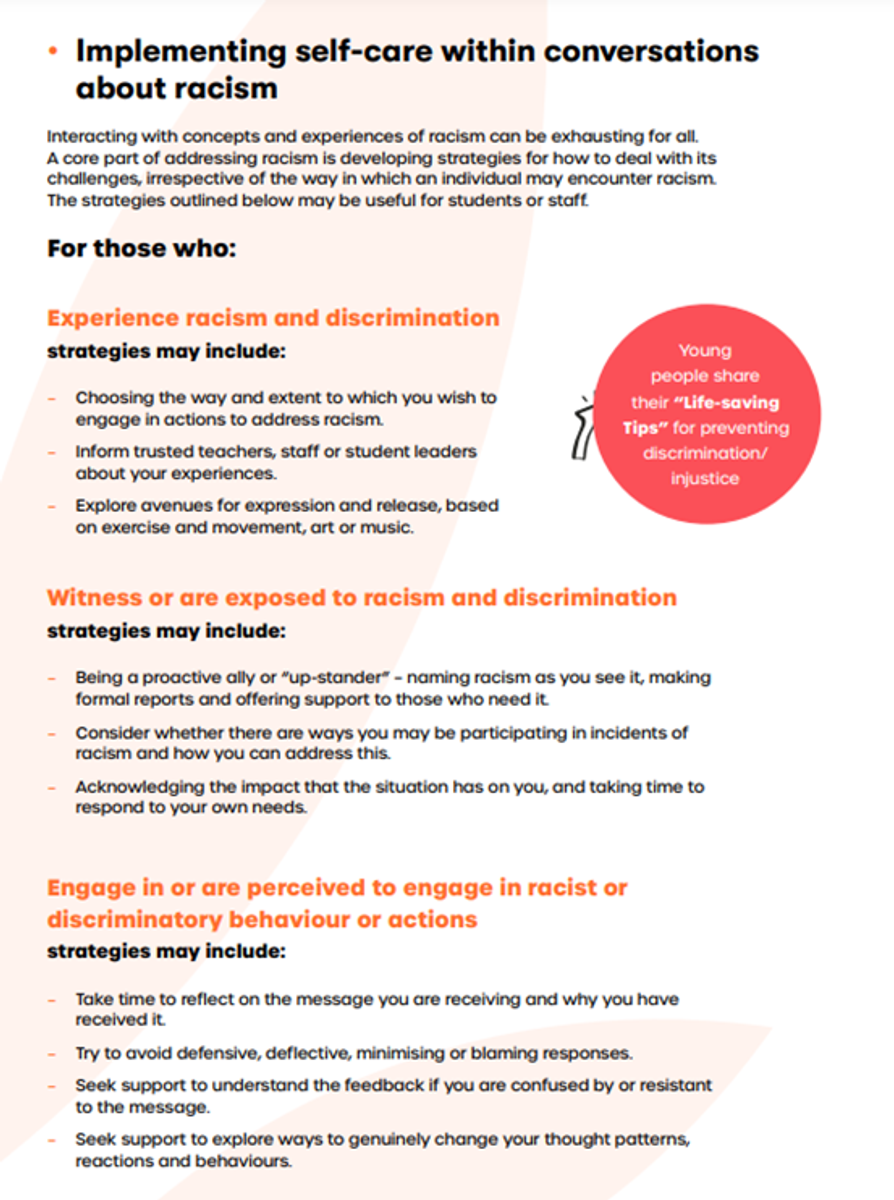

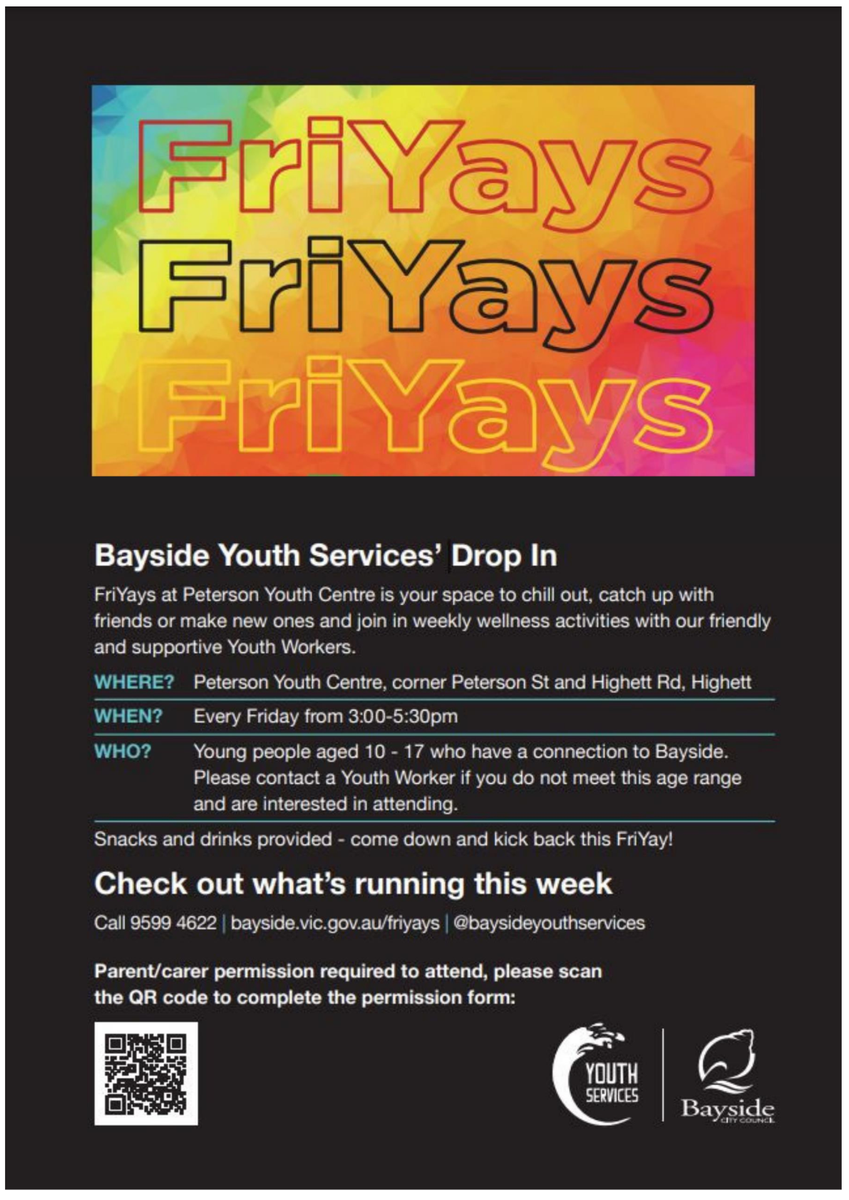

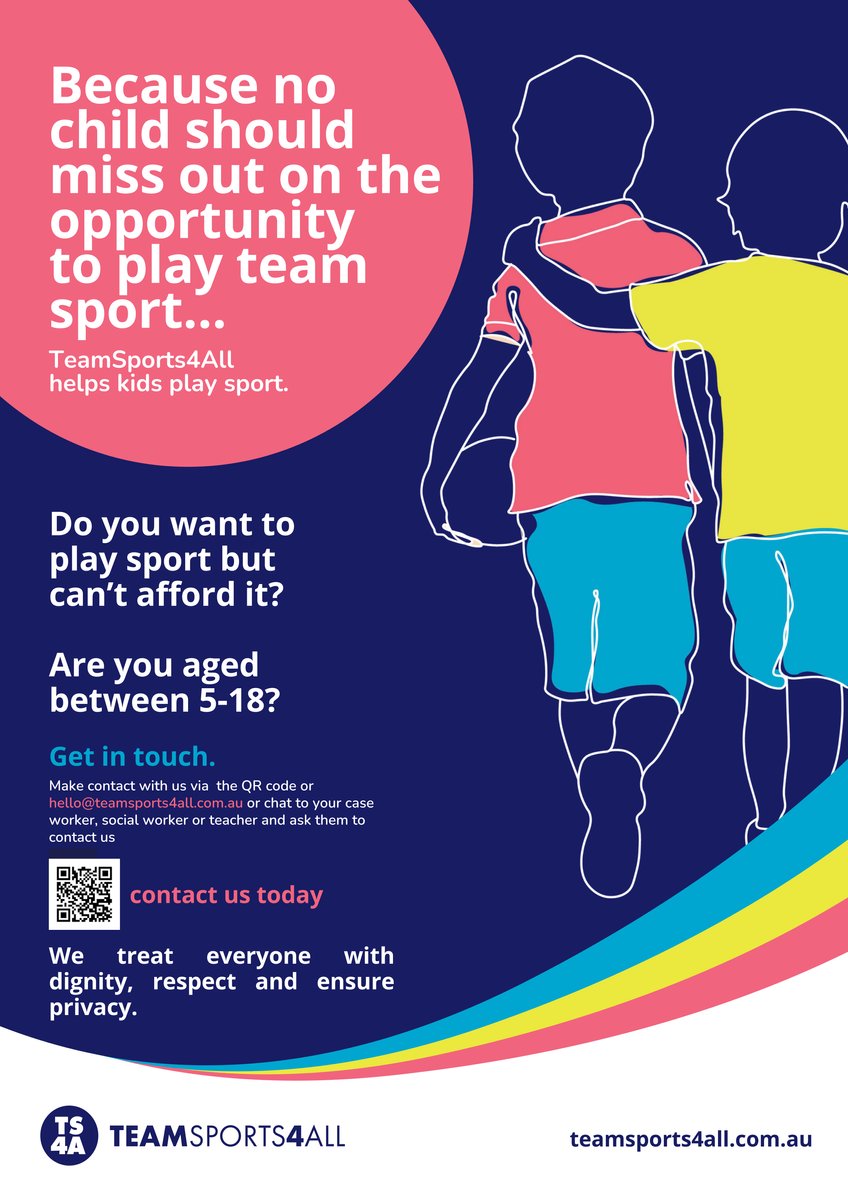

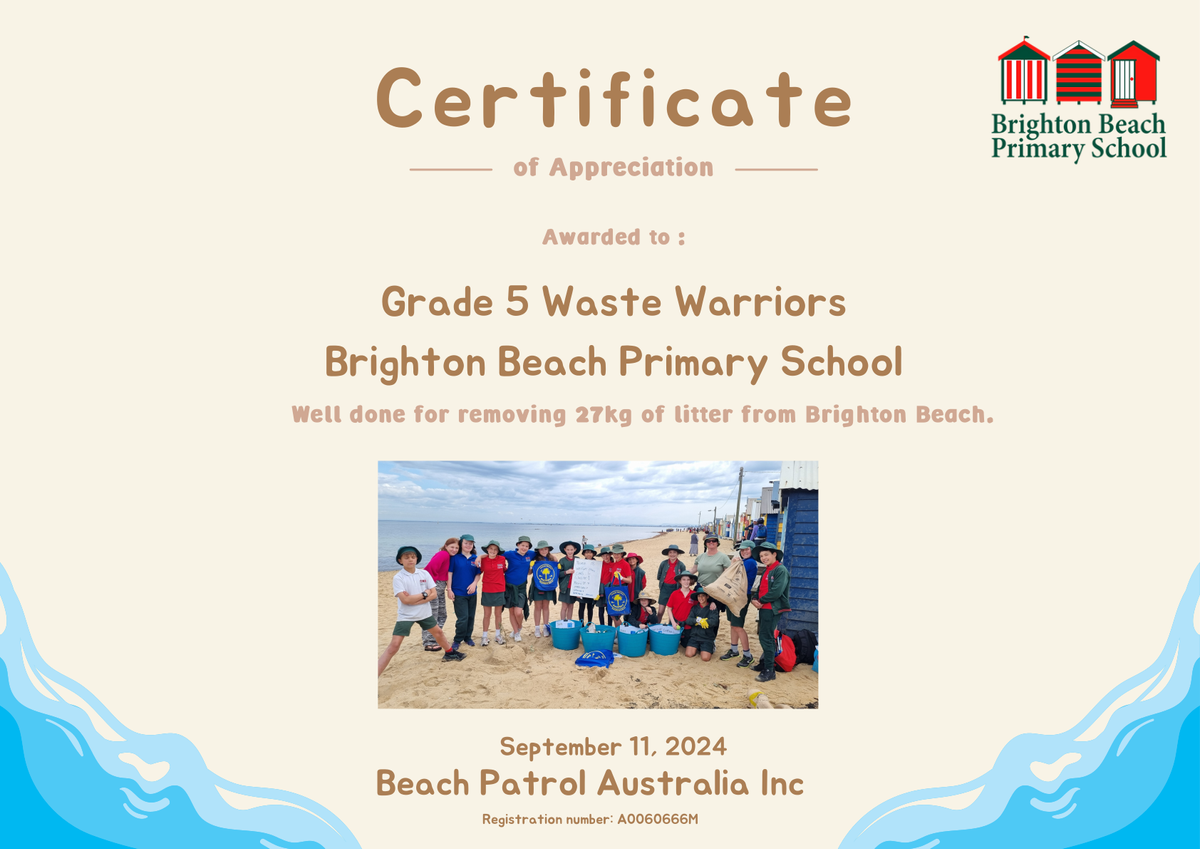

Well done to our Grade 5 Waste Warriors - while our Upstanders were at their forum, our Waste Warriors were putting their beliefs into action, working closely with Beach Patrol Australia.
A report from Zoe, Izaiah, Jacob
"We went to Brighton Beach and picked up rubbish. Our aim was to remove all plastics that came from the ocean - to collect it from public spaces. We got 27kg in 40 minutes which tells us that not only was there a lot of rubbish but also that if everyone just decided to pick up only one piece imagine how clean our beaches would be. It suprised us to find interesting items washed up and even under the surface of the sand. It was actually fun and made us feel good after because we were doing a good thing."
